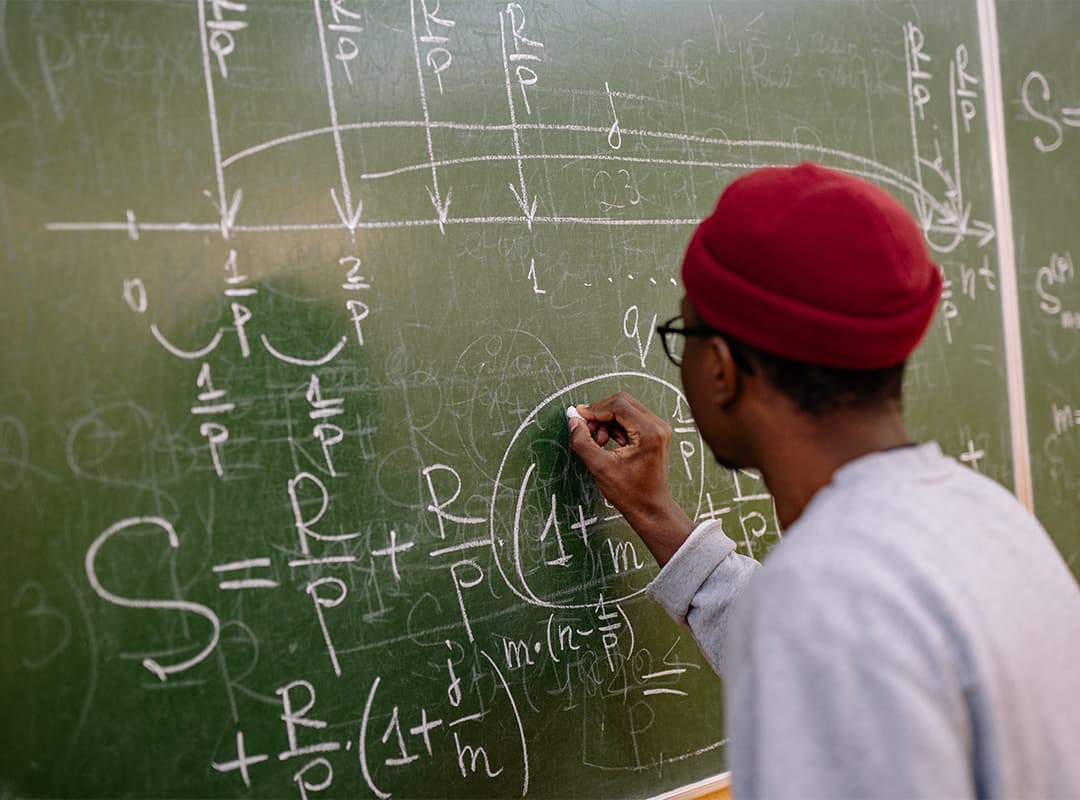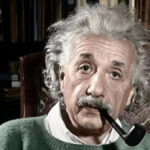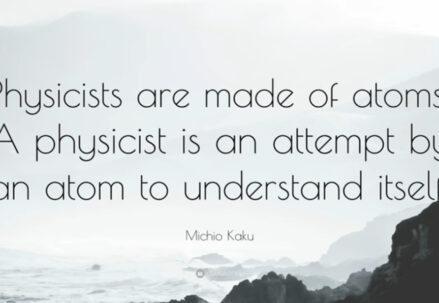Modern science is based on experimentally obtained data and fundamental generalizations that occupy a leading position in the system of scientific and natural knowledge, based on the experience of thinkers and researchers of previous eras. But physical science is not just a collection, a summary of everything that scientists have done to date. It is not just a set of known facts, laws, and theories. Physics is constantly evolving, criticizing, destroying and creating, constantly discovering new laws and theories.
The first physical ideas originated in ancient Greece. The Greek philosopher Democritus, who lived in the fifth century BC, suggested that all bodies consist of tiny particles. It is believed that the formation of modern physics began in the seventeenth century with the formulation of the basic equations of mechanics by the prominent English scientist I. Newton, and in the nineteenth century by the English scientist D. Maxwell – the basic equations of electromagnetism. At the beginning of the XX century, German physicist A. Einstein reformulated the basic equations of mechanics so that they could be applied to the study of movements at speeds close to the speed of light and laid the foundations of the theory of gravity (universal gravitation). The scientist characterized the development of science during this period as follows: “Never before has the desire to know the truth been as strong as it is now, and as long as it exists, we can look to the future with hope.”
Physics is an international science because it was created by the efforts of representatives of different nations. Domestic physicists, as well as scientists from other countries who lived and worked in Ukraine, played an important role in the development of physical knowledge.
Physics is the basis of modern scientific and production technologies. The creation of various machines and mechanisms became possible thanks to the discoveries of physics, which established the basic laws of mechanical, thermal, electrical, magnetic, and light phenomena. Modern physics creates unique means of studying nature. The leading role of physics in the future of humanity is associated with solving global environmental problems and developing energy and health-saving technologies.





